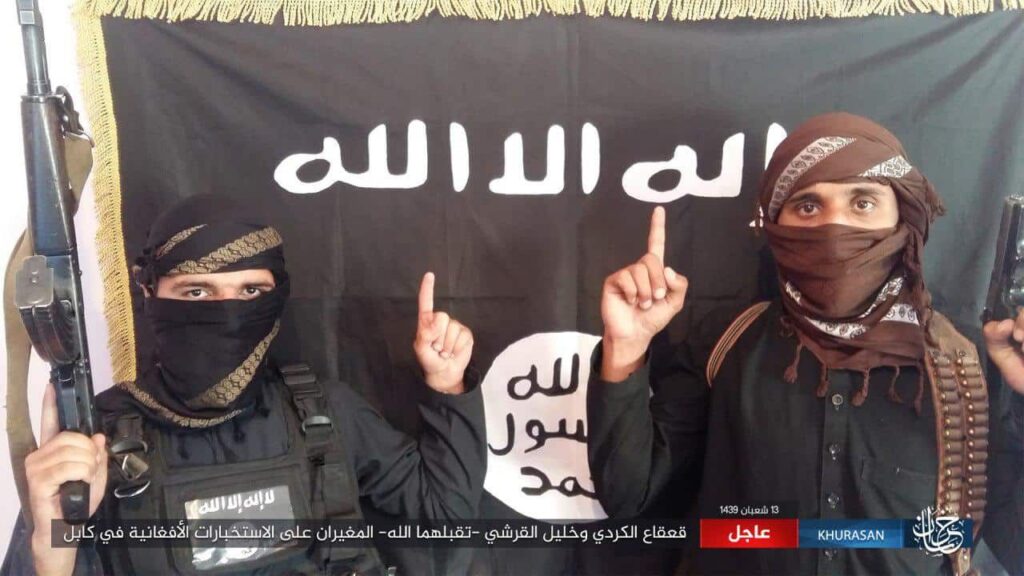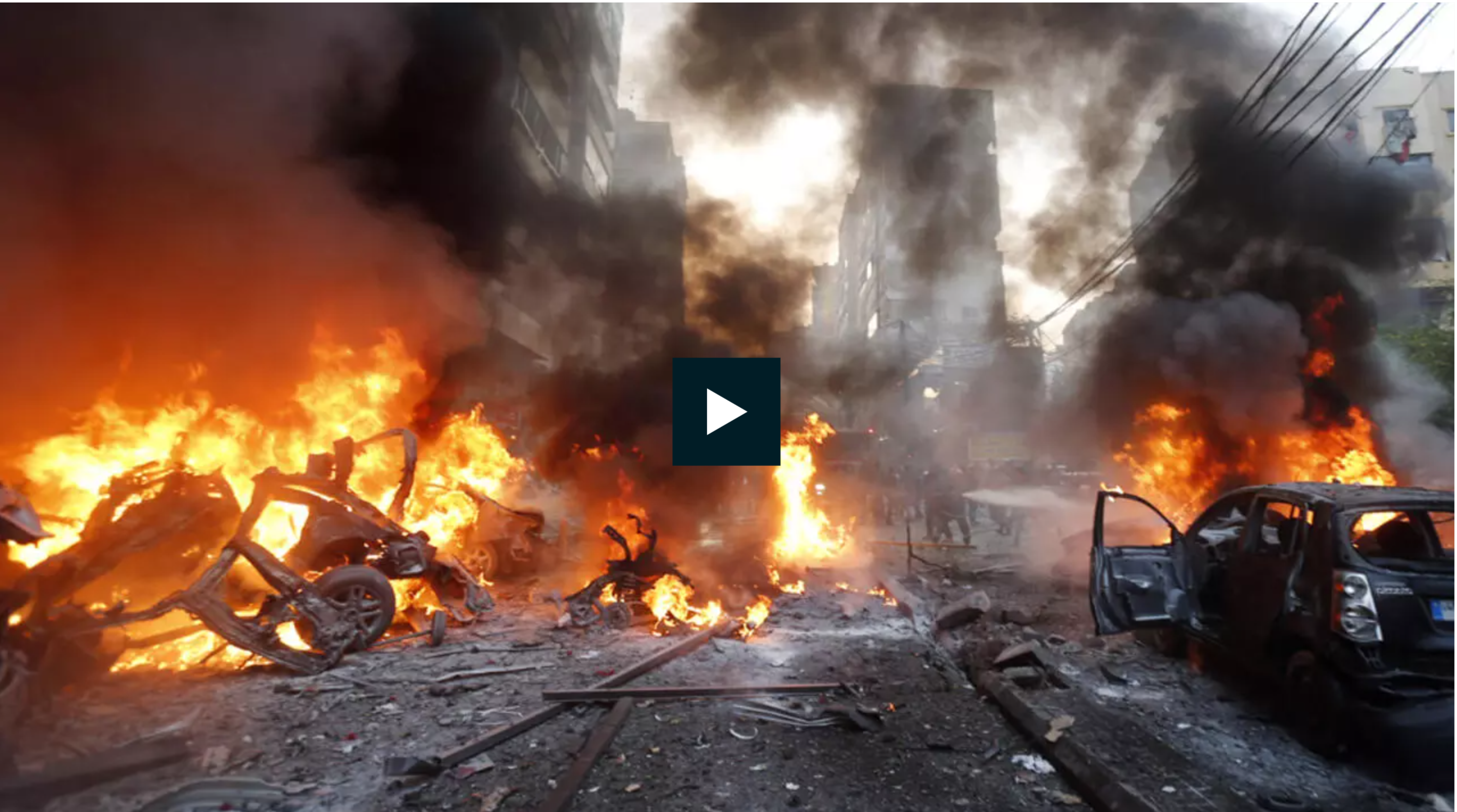The specter of an ISIS-K hospital attack in a mid-tier U.S. city within three weeks has sent shockwaves through security circles, especially after the U.S. Justice Department’s March 2, 2025, indictment of Mohammad Sharifullah, an ISIS-K operative tied to the 2021 Abbey Gate bombing in Afghanistan that killed 13 American service members.
Intelligence chatter from ISIS-K camps in Afghanistan, as noted by analysts, signals a chilling escalation—hospitals as soft targets during Ramadan or Eid, exploiting their vulnerability and potential for mass casualties.

The mention of a vehicle-borne improvised explosive device (VBIED) and armed assault echoes ISIS-K’s playbook, seen in their 2024 Crocus City Hall attack in Russia, which killed 139, and thwarted plots in Germany and Sweden, raising fears of a multi-city U.S. strike.
Mid-tier cities, with populations between 300,000 and 600,000, are now under scrutiny—places like Santa Rosa, California, or Knoxville, Tennessee, lack the fortified security of major metros, making them prime targets for chaos.
Hospitals’ recent security upgrades—armed guards, concealed weapons detection—stem from a surge in violence, like the 2024 Nashville incident where a man assaulted staff, but these measures may crumble against a coordinated terrorist onslaught.
The timing, near the end of Ramadan (April 2025) or during Eid, aligns with ISIS-K’s strategy of maximizing disruption during religious peaks, as seen in their Iran attacks in 2024, stoking fears of a blood-soaked holiday season.
U.S. authorities are scrambling, with some hospitals reporting reconnaissance attempts by unknown individuals probing security protocols, but skepticism from leadership risks leaving defenses porous.
The prospect of simultaneous attacks across multiple cities, as hinted by the chatter, could overwhelm emergency response, echoing the 9/11 chaos but with a grotesque twist—targeting places of healing instead of symbols of power.






